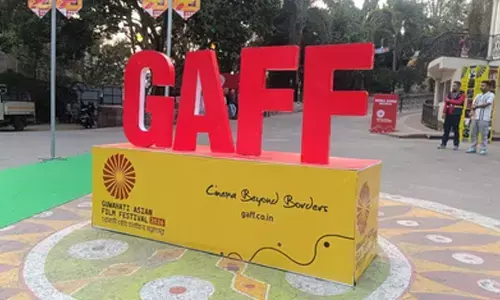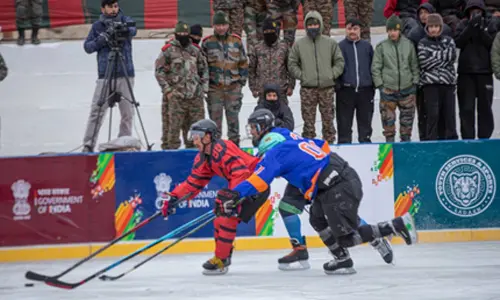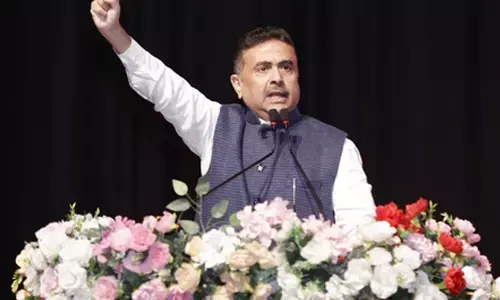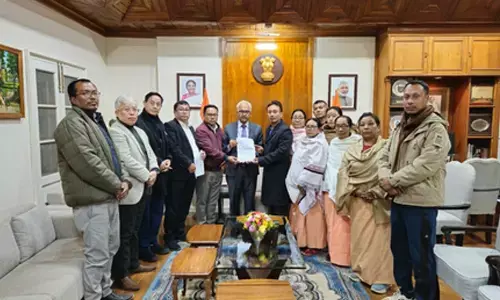People disowned their pets fearing Covid-19
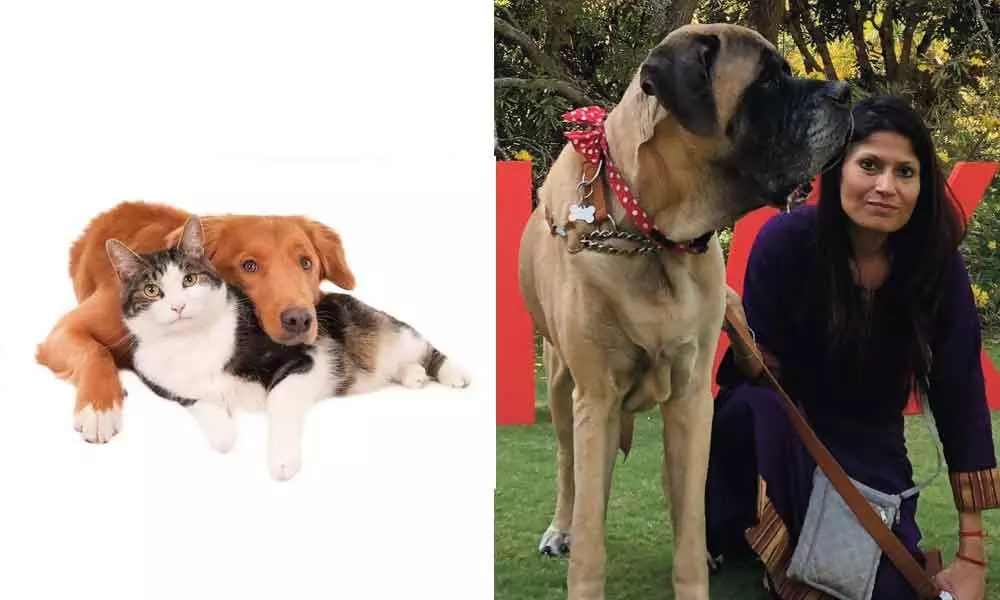
During the pandemic we came across several cases of owners disowning their pets for the fear of the spread of infection. Though doctors demolished the rumour, the damage was inflicted. “Unfortunately, through our presence in various animal welfare groups helped us understand that several pets were being abandoned every day -Alpana Bhartia | People For Animals
When a profound enthusiasm culminates into a passion a mission gets wings. Having the enthusiasm for the conservation of environment and the protection of animals Alpana Bhartia along with Namrata Dugar, Gauri Maini Hira and Arushi Poddar started People for Animals (PfA) Wildlife Rescue and Conservation Centre in 1996
When a profound enthusiasm culminates into a passion a mission gets wings. Having the enthusiasm for the conservation of environment and the protection of animals Alpana Bhartia along with Namrata Dugar, Gauri Maini Hira and Arushi Poddar started People for Animals (PfA) Wildlife Rescue and Conservation Centre in 1996.
PfA has been proactive in the conservation of environment and wildlife in and around Bengaluru over the years. The NGO has rescued over 26,500 urban wild animals, of 201 species.
Speaking to The Hans India, Bhartia recalls, "In the latter half of the 1990s, while in our late 20s, we decided to come together and work for the welfare and protection of animals in and around Bangalore city. In 1996, when we invited Mrs Maneka Gandhi to inaugurate an event we conducted at Bal Bhavan in Cubbon Park, we had little idea about the impact of what we had started. The first centre was a little garage near Shivananda Circle, around central Bangalore."
"Over time, PfA carved a name for itself in the environmental and wildlife landscape of Bangalore. A lease for a 6-acre, untamed plot of land on the outskirts of the city became the home to what is today the PfA Wildlife Rescue and Conservation Centre," she says.
On being asked if rural India is more sensitive towards animals than the urban dwellers, Bhartia states though it would be unfair to agree with either of the statements completely, "to an extent, we do feel the rural population is a lot more aware of the benefits of animals and work to protect them.
Snakes are considered a farmer's friend as these reptiles eat rodents that destroy crops every year. Probably the fact that city dwellers have extensively encroached the homes of urban wildlife and are agitated when they encounter these animals is a prime reason for animal-human conflict." Recently, during the pandemic we came across several cases of owners disowning their pets for the fear of the spread of infection.
Though doctors demolished the rumour, the damage was inflicted. "Unfortunately, through our presence in various animal welfare groups helped us understand that several pets were being abandoned every day. Despite being a wildlife hospital, we went on to serve over 8000 meals to the stray dogs of the city and we also got in touch with various media houses to publish stories on why dogs do not transmit the disease to humans," Bhartia adds.
In 2000, she was also selected by the government to be a part of the committee that monitors experiments on animals. "I was selected by the Government of India for the Committee for the Purpose of Control and Supervision of Experiments on Animals (CPCSEA). I was an onboard member of the both Institutional Ethics Committee of the National Institute of Advanced Studies (NIAS) and the internal NCBS committee that keeps vigilance on various organizations and ensures that ethics and guidelines are followed so that the suffering in animals is minimized."
She has played an active role in various teaching programs for Veterinarians across SAARC nations











